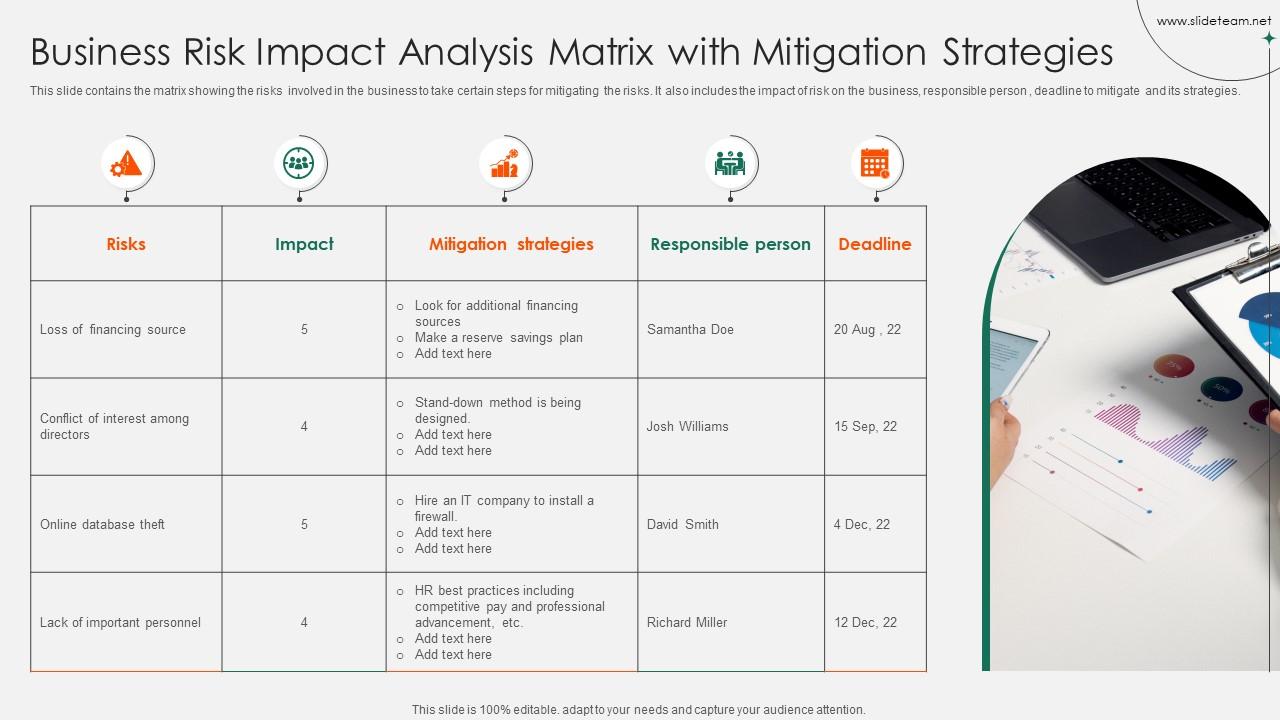Business Risk Mitigation Strategies
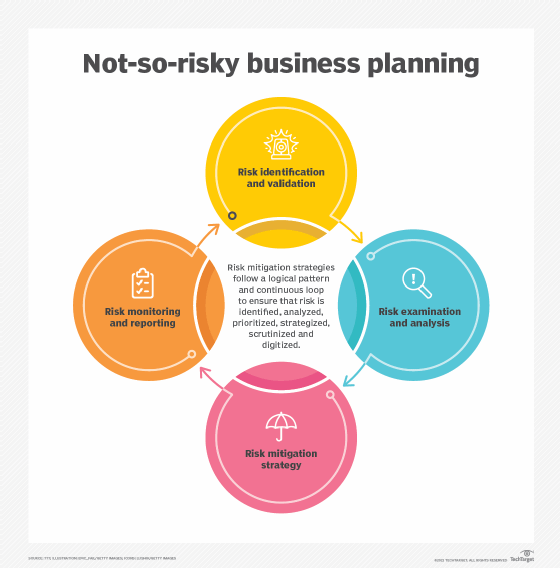
Businesses face unprecedented threats, from cyberattacks to supply chain disruptions. Implementing proactive risk mitigation is now a survival imperative.
Companies must act decisively to safeguard their operations and financial stability. Ignoring these threats could lead to catastrophic losses.
The Landscape of Risk
Today's business environment is rife with challenges. According to a 2023 Allianz Risk Barometer, cyber incidents, business interruption, and natural catastrophes top the list of concerns for companies globally.
Cyberattacks are becoming increasingly sophisticated. These attacks often target sensitive data and critical infrastructure.
Business interruption, frequently linked to supply chain vulnerabilities and geopolitical instability, remains a major threat. This issue can cripple operations.
Key Mitigation Strategies
Diversification is critical for mitigating supply chain risks. Businesses should avoid over-reliance on single suppliers or geographical regions.
Building redundancy into key systems ensures continuity in the event of disruptions. This includes backup power, data storage, and communication networks.
Cybersecurity measures must be robust and constantly updated. Regular security audits, employee training, and advanced threat detection systems are essential.
Insurance coverage, including cyber insurance and business interruption insurance, provides a financial safety net. This is for when preventive measures fail.
Real-World Examples
Maersk, the global shipping giant, learned a harsh lesson after the 2017 NotPetya cyberattack. They suffered an estimated $300 million in losses due to compromised systems.
The company has since invested heavily in cybersecurity. They are working to build resilience against future attacks.
Numerous smaller businesses have been forced to close their doors. This is because they failed to adequately protect themselves against ransomware attacks.
These examples underscore the importance of proactive risk management. This is crucial for companies of all sizes.
Implementing a Risk Mitigation Plan
Risk assessment is the first step. Identify potential threats and vulnerabilities specific to your business.
Develop a comprehensive risk mitigation plan. Outline specific actions to minimize the impact of each identified risk.
Regularly test and update the plan to ensure its effectiveness. The business landscape is constantly evolving.
Employee training is paramount. Make sure that staff members understand their roles in identifying and responding to potential risks.
Financial Implications
Investing in risk mitigation is not an expense. It's an investment in the long-term sustainability of the business.
The cost of inaction can far outweigh the cost of preventive measures. Consider the potential losses from a major cyberattack, a prolonged supply chain disruption, or a natural disaster.
Effective risk management can improve a company's credit rating. This can lead to lower borrowing costs.
It can also enhance investor confidence. Showing investors your security will help them.
The Future of Risk Management
Artificial intelligence (AI) and machine learning (ML) are playing an increasingly important role in risk management. These technologies can help businesses identify and predict potential threats.
Data analytics can provide valuable insights into risk patterns. This allows companies to make more informed decisions.
Collaboration and information sharing are becoming more important. It's a way to combat evolving threats.
Businesses must embrace a proactive and adaptive approach to risk management. Then they will be prepared to face the challenges of the future.
The next step is to conduct a thorough risk assessment. Doing so will help secure your company's future.
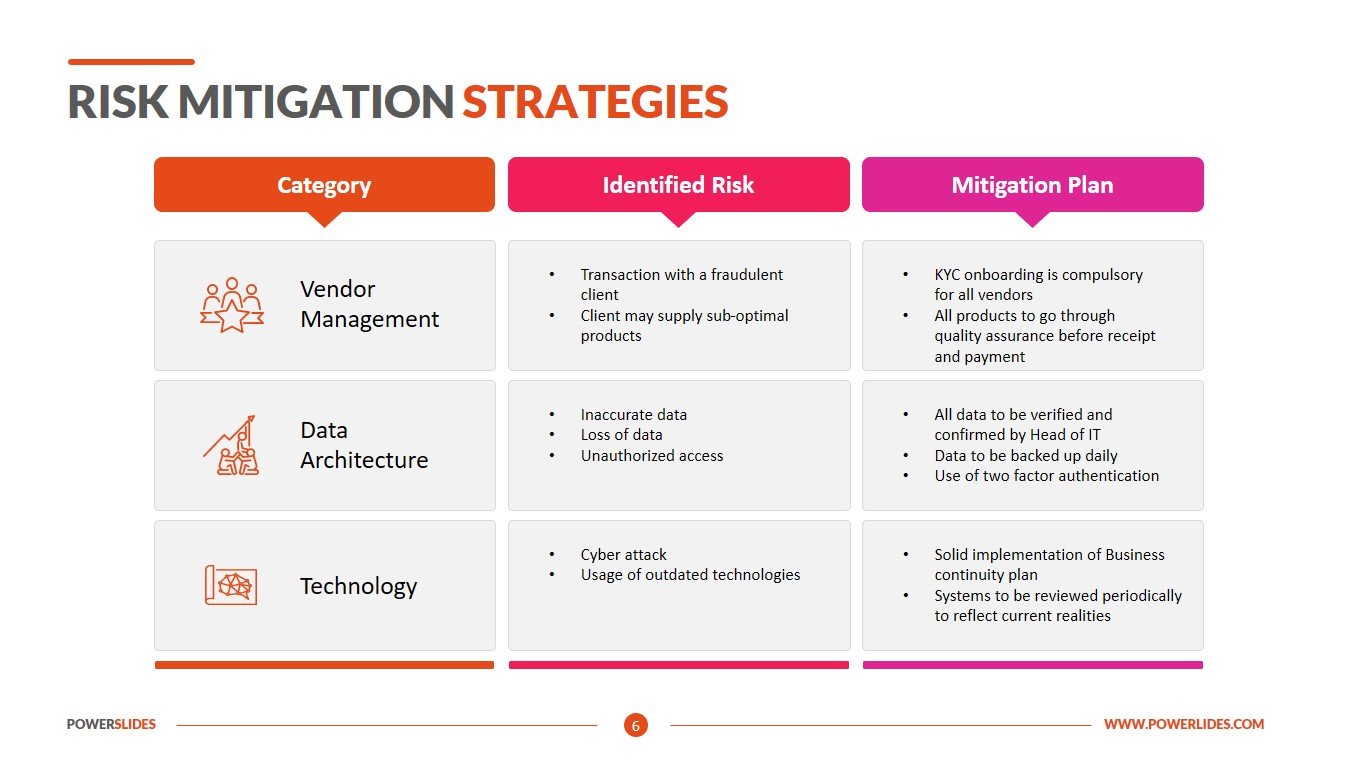




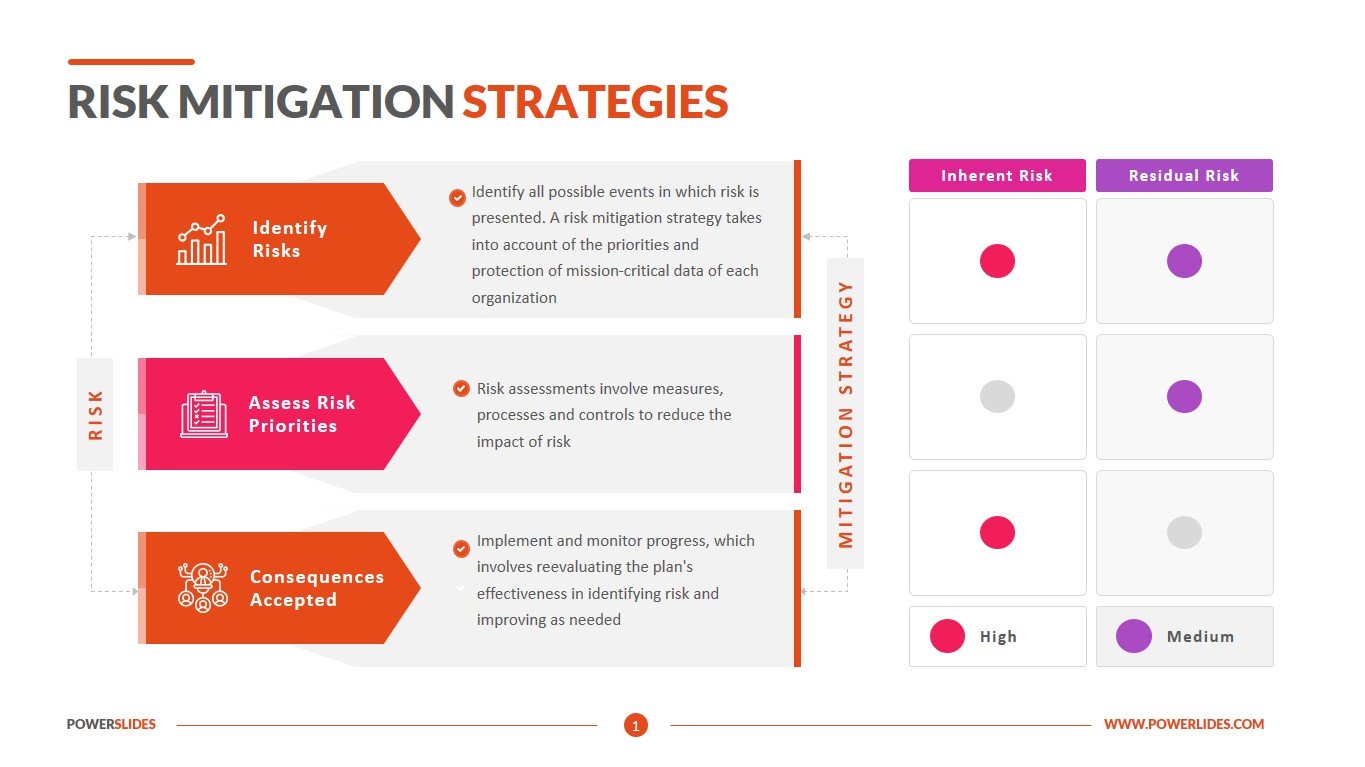
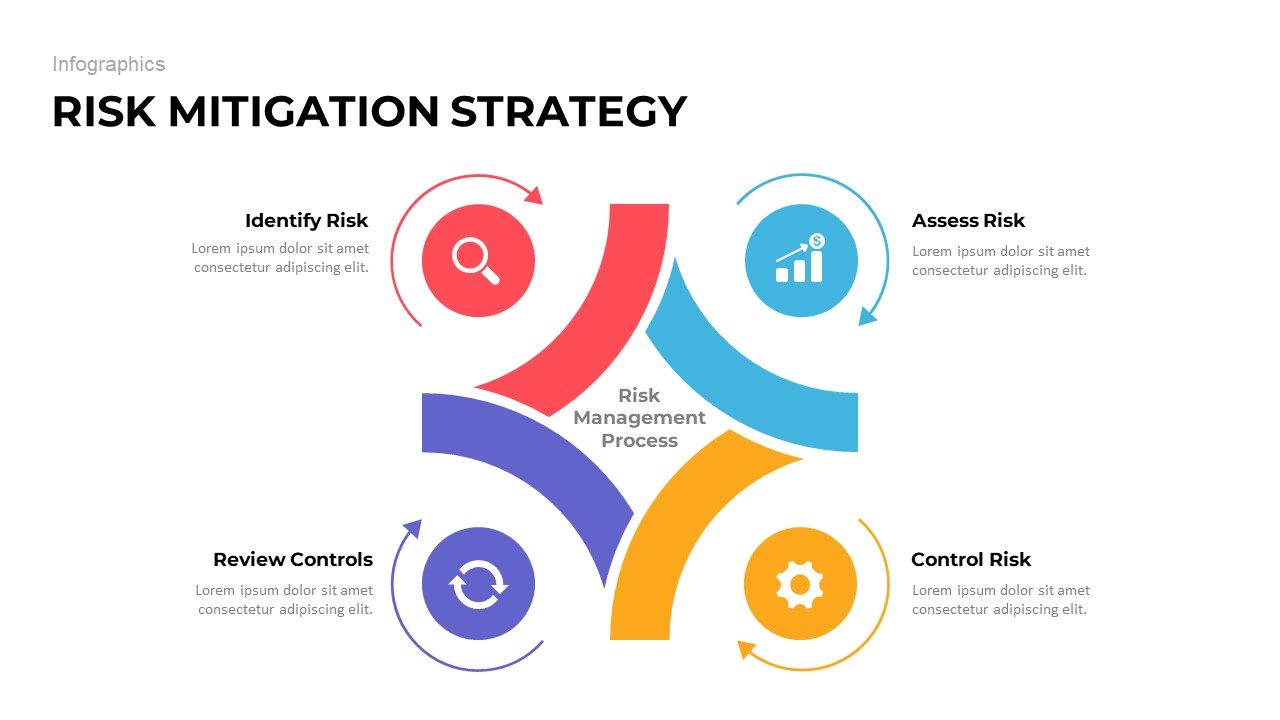
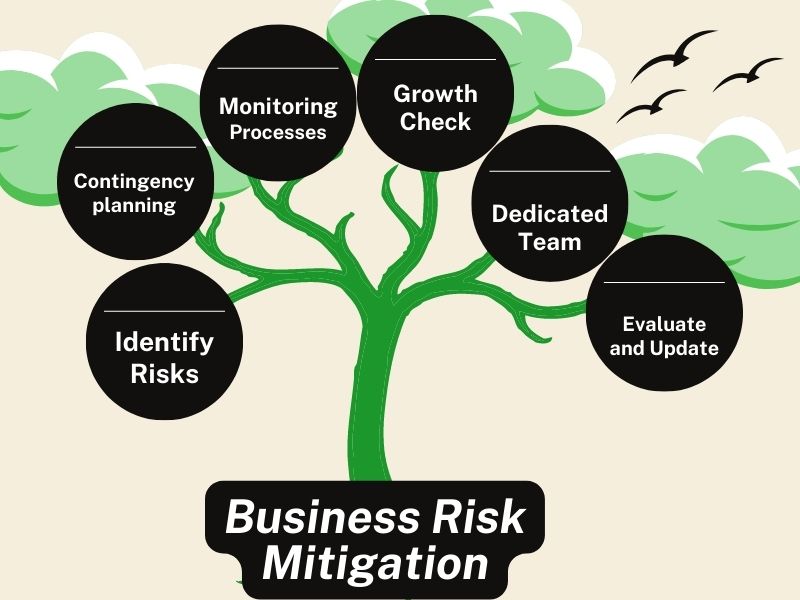

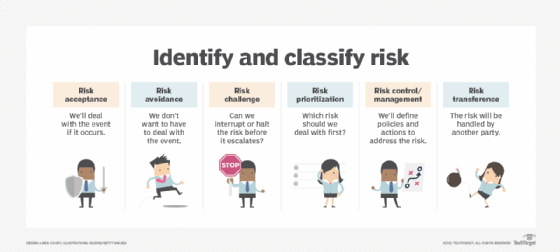
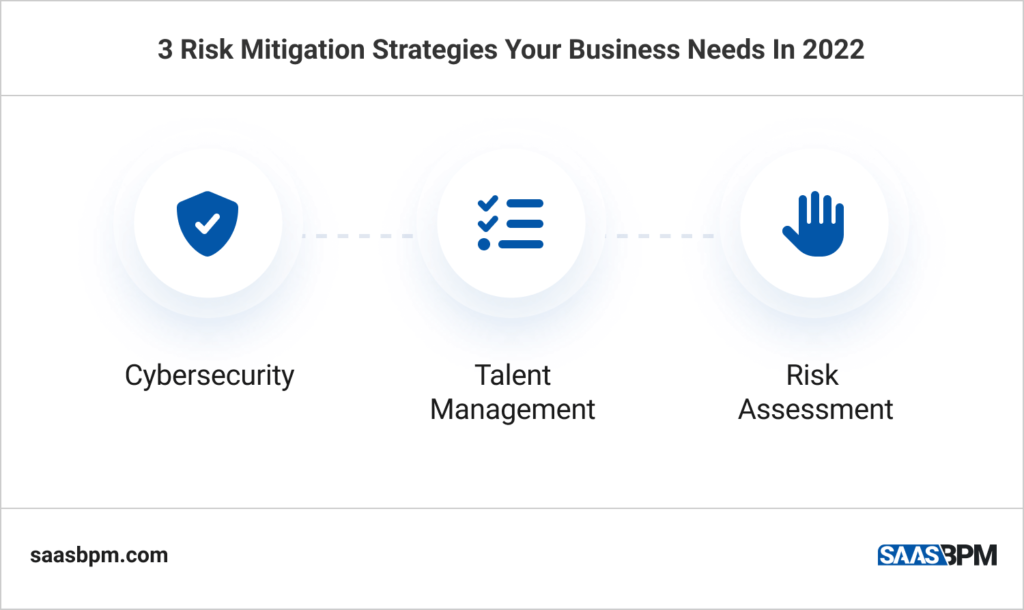




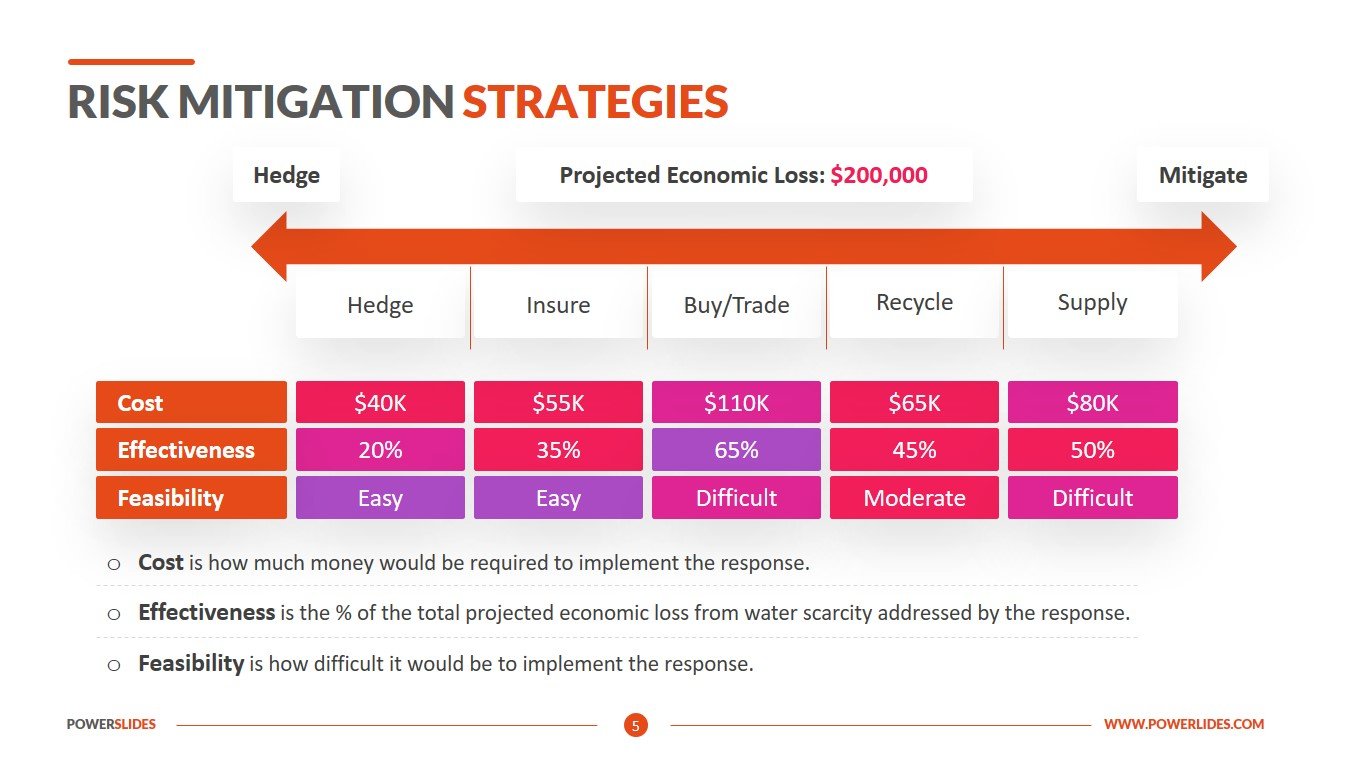
 (1).png)
